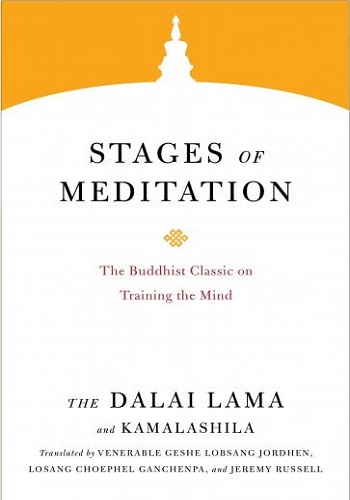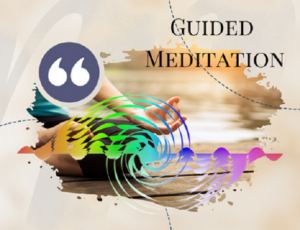As just one example of stages in meditation I’ve gone ahead and culled the stages and milestones as put forth by Culadasa in The Art of Well-being, for reference, and to support what I will refer to as The Challenges to a Successful Meditation next. These stages and milestones, however, are just one school of thought among several and it should be noted that a correct answer to this very meaningful question depends entirely on the goal of the practitioner, as well as so many personal factors relating to the practitioner’s style and proclivities.
The 10 Stages & 4 Milestones of Meditation
The novice meditator – stages 1-3
1: Establishing a practice.
2: Interrupted attention and overcoming mind wandering.
3: Extended attention and overcoming forgetting.
Milestone 1: Continuous attention to the meditation object.
The skilled meditator – stages 4-6
4: Continuous attention and overcoming ‘gross distraction’
5: Overcoming ‘subtle dullness’ – increasing ‘mindfulness’
6: Subduing ‘subtle distraction’
Milestone 2: Sustained exclusive focus of attention.
The transition – stage 7
7: ‘Exclusive attention’ – ability to select and maintain a specific object or objects of attention in the face of distracting or competing stimuli – and ‘unifying the mind’ –
Milestone 3: Effortless stability of attention.
The adept meditator – stages 8-10
8: ‘Mental pliancy’ – effortlessly sustained stable attention and powerful mindfulness – and ‘pacifying the senses’ – a temporary quietening of the physical senses during meditation.
9: Mental and ‘physical pliancy’ – allows a meditator to sit for hours at a time without physical discomfort – and calming the intensity of ‘meditative joy’
10: ‘Tranquility’ – a serene state of happiness and pleasure arising specifically as a result of meditation – and ‘equanimity’ – a non-reactive state in which pleasant and unpleasant experiences no longer evoke craving in the form of desire or aversion.
Milestone 4: Persistence of mental qualities of an adept.

Compare the above to the 3 Stages of Meditation of traditional Ashtangha Yoga viz. Dharana, Dhyana and Samadhi, or, to the fact that when the Dalai Lama talks about the stages of meditation, particularly in his book “Stages of Meditation”, he necessarily speaks from the perspective of the Buddhist tradition and concepts like dharma, virtue and compassion will be central to his teaching.
In the words of the Superior Nagarjuna, if you wish to attain the unsurpassed enlightenment, for yourself and the world, the root is generation of an altruistic thought, that is stable and firm like a mountain, an all-embracing compassion, and a transcendent wisdom free of duality.
H.H. Dalai Lama
So the answer to the question of why I cannot enter into a certain stage of meditation will, as I said at the beginning, be very much determined by the overall approach to meditation itself as well as the personality of the practitioner.
Challenges to a Successful Meditation
I am of the mind that says that the overarching challenge to a successful meditation is above all else, the lack of a goal or the removal of one’s attention from one’s stated goal.
In addressing the achievement of goals, however, there are innumerable reasons why a goal might not be achieved – everything from a lack of will (i.e. determination, conviction, confidence, etc.) to a lack of skill (i.e. improper tools, inadequate coaching, insufficient practice, faulty methodology, etc.) might be at the root of the problem.
There is a human psychology at play. And physical habits. Sometimes laziness is the only thing stopping one from going to the next level. Sometimes it’s that heavy meal before a session that doesn’t allow one to breathe easy, or creates interference when, even upon entering an alpha-theta brain wave pattern, the body is so busy with its digestive functions that it creates very real noise in the brain which is subsequently interpreted and communicated via imagery that jumps across the otherwise blank screen on which the mind projects itself.
Finally, Joy. There’s quite a bit of seriousness on the spiritual paths, so much so that all too often joy is forgotten. In the desire and quest for spiritual progress, often the mind takes one to a very serious, stubborn, hard place in its mission to get over itself and discover the light. Sometimes a very good question to ask oneself if it feels like the next stages are being elusive, is simply whether one is still feeling good with their practice. Or has innocence been lost somewhere along the way?

…is a Saiva Tantrika, Gyana Yogi and founder of Uma Maheshwara Yoga & Ayurveda. David has an MA in Semiotics, lives in Japan with his family and works as a coach in L & D, devoting his time to developing science-based tools and programs that help people reach the fullest potential of the human condition.
Discover more from REAL YOGA
Subscribe to get the latest posts sent to your email.









